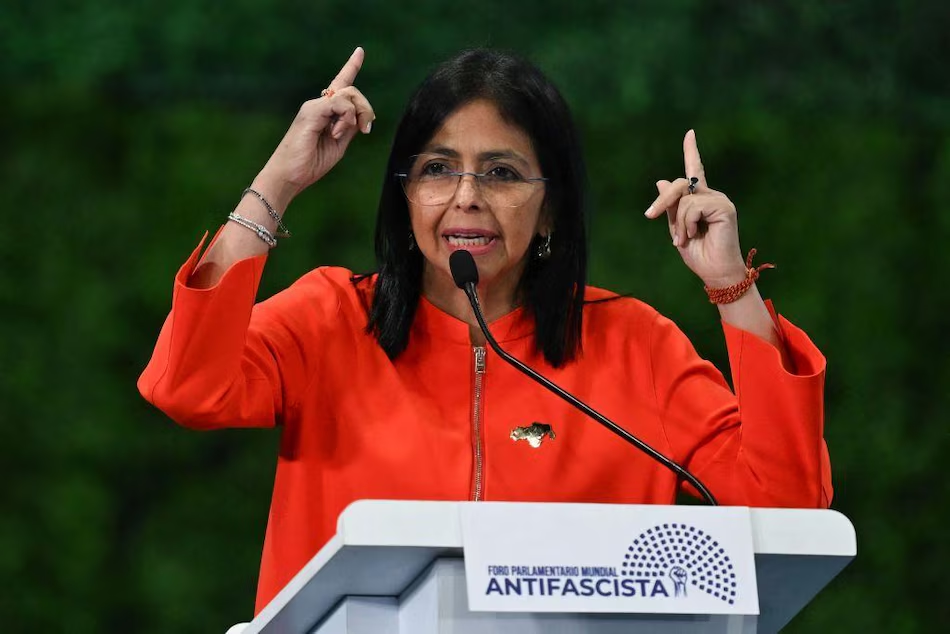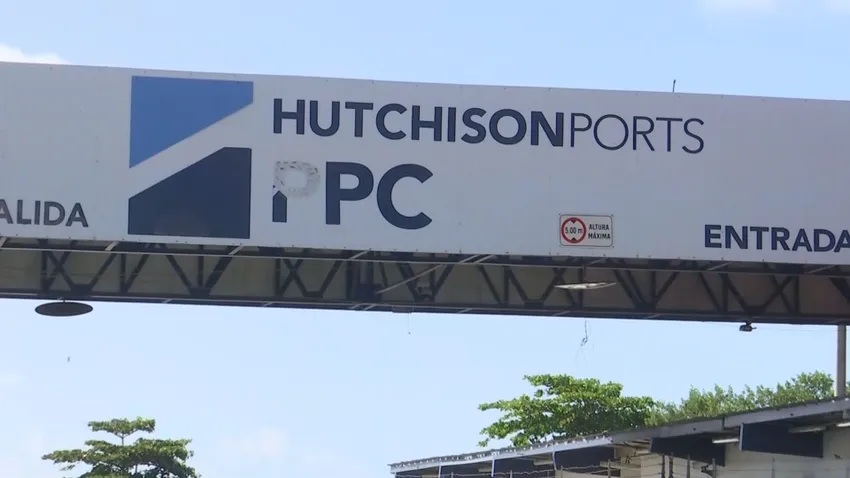WHO scientists linked to drug companies supplying pandemic flu drugs

Key scientists behind World Health Organization advice on stockpiling of pandemic flu drugs had financial ties with companies which stood to profit says an investigation reported by the BBC.
Panama was one of the countries that bought large supplies of the drugs against the H1N1, which are largely still unused.
The British Medical Journal says the scientists had openly declared these interests in other publications yet WHO made no mention of the links. It comes as a report from the Council of Europe criticized the lack of transparency around the handling of the swine flu pandemic.
A spokesman for WHO said the drug industry did not influence its decisions on swine flu.
Guidelines recommending governments stockpile antiviral drugs were issued by WHO in 2004.
The advice prompted many countries around the world into buying up large stocks of Tamiflu, made by Roche, and Relenza manufactured by GlaxoSmithKline.
A year after the swine flu pandemic was declared, stocks are left unused in warehouses and governments are attempting to unpick contracts.
The BMJ, in a joint investigation with The Bureau of Investigative Journalism, found that three scientists involved in putting together the 2004 guidance had previously been paid by Roche or GSK for lecturing and consultancy work as well as being involved in research for the companies.
Although the scientists involved had freely declared the links in other places and said WHO asked for conflicts of interest forms prior to expert meetings, the ties were not publically declared by WHO.
It is not clear whether these conflicts were notified privately by WHO to governments around the world, the BMJ said, and a request to see conflict of interest declarations was turned down.
In addition, membership of the "emergency committee" which advised WHO’s director general Margaret Chan on declaring an influenza pandemic has been kept secret.
It means the names of the 16 committee members are known only to people within WHO, and as such their possible conflicts of interest with drug companies are unknown.
On its website, WHO says: "Potential conflicts of interest are inherent in any relationship between a normative and health development agency, like WHO, and a profit-driven industry.





